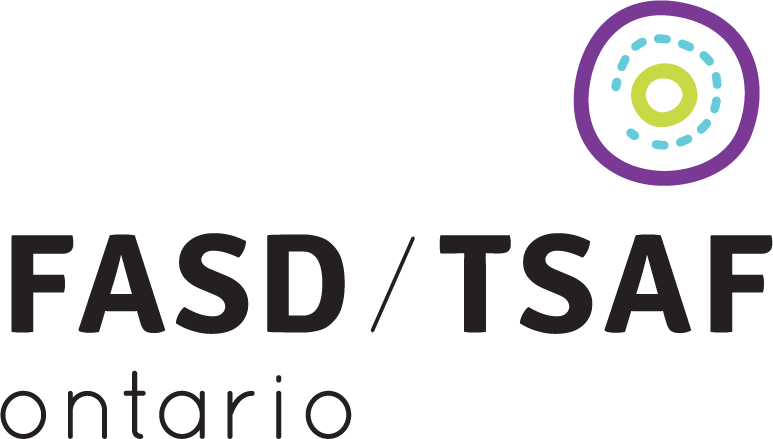Psychotropic Medication Algorithm for FASD/Prenatal Alcohol Exposure – Summary for Caregivers

A decision-tree style medication algorithm to guide prescribers as they see patients with Fetal Alcohol Spectrum Disorder/Neurobehavioral Disorder Associated with Prenatal Alcohol Exposure (FASD/ND-PAE)
Surviving summer

Information and strategies to provide support during summer break.
Summer camps

Information and strategies to provide support during summer camp.
Making friends

Some tips to help your child make friends and keep them.
Structure, routine, consistency

Information and strategies for structure, routine, consistency.
The sensory system

Information and strategies to support the sensory system.
Children and youth with FASD and transitions

Strategies to support transitions.
Grief after the loss of a loved one

Key points to remember about the complexity of grief issues affecting people with FASD
Memory

Information and strategies to support memory.
The concept of ownership

Information and strategies to support the concept of ownership
Executive functioning

Information and strategies to support executive functioning.
Dysmaturity vs immaturity

Developmental age vs. chronological age
